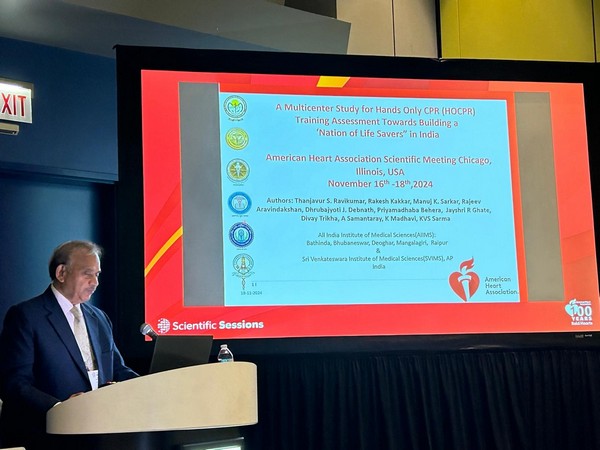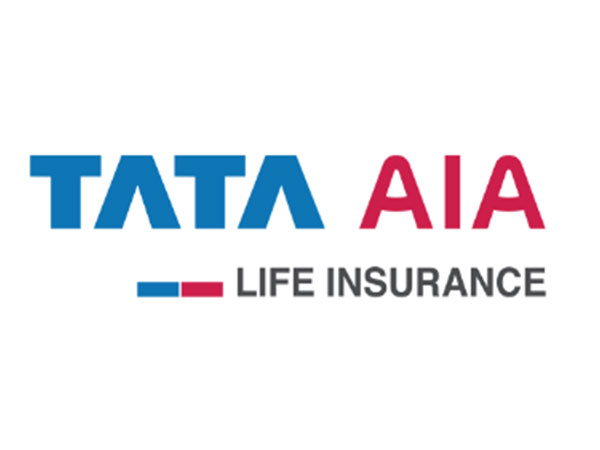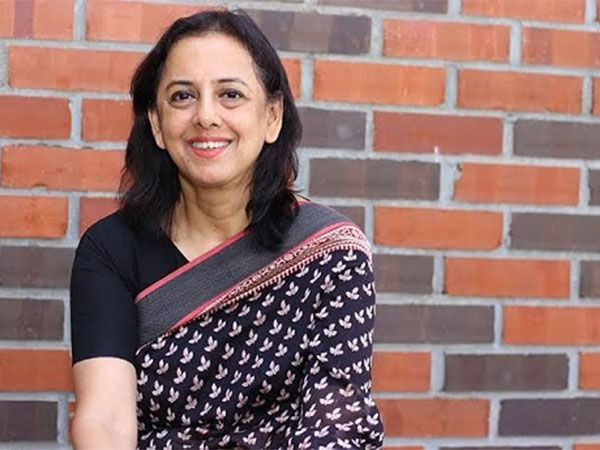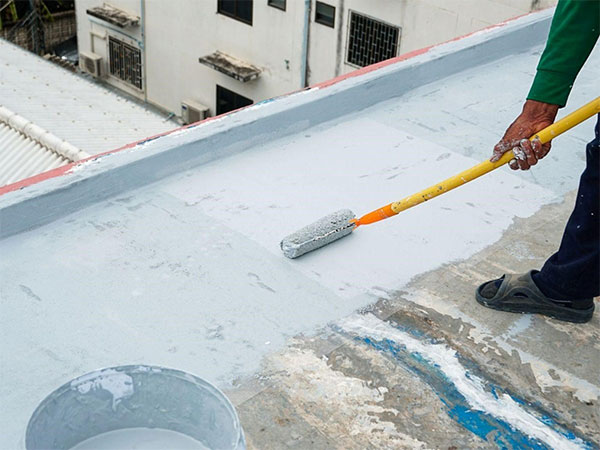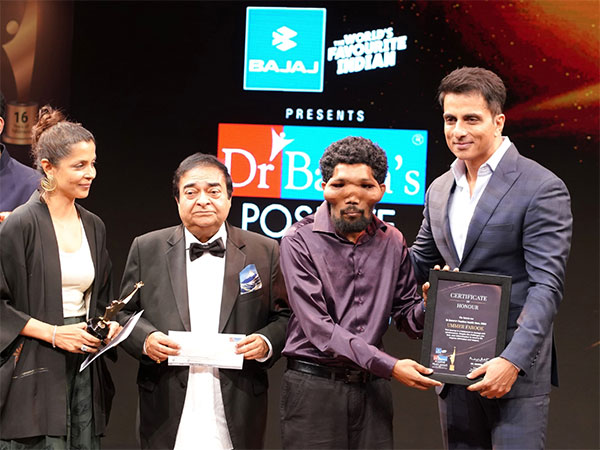POSCO breaks ground on battery recycling plant
Sep 30, 2021
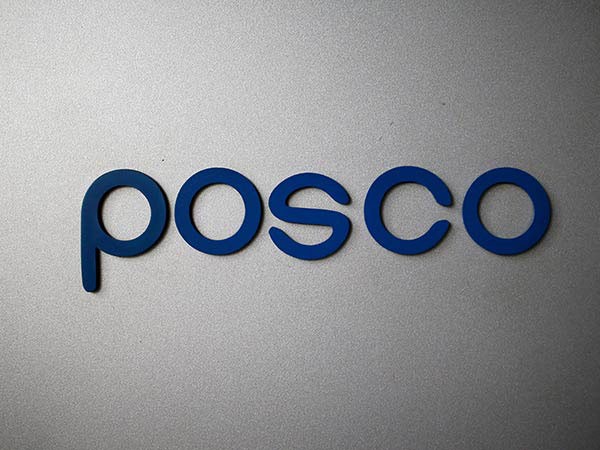
Seoul (South Korea), September 30: POSCO, the world's fifth-largest steelmaker by output, said Thursday it has broken ground on a 120 billion won (US$101 million) plant that will extract nickel and lithium, key materials for electric vehicle batteries.
The plant by POSCO HY Clean Metal is capable of extracting nickel, lithium and cobalt from 12,000 tons of black mass annually. The recycling plant is set to be completed in the second half of next year in Yulchon Industrial Complex in South Jeolla Province.
POSCO said it will receive black mass from its Polish subsidiary, Poland Legnica Sourcing Center, which produces the powdery fraction that contains nickel, lithium, cobalt and manganese after spent batteries are shredded.
POSCO HY Clean Metal, a 65:35 joint venture set up between POSCO and Chinese Huayou Cobalt Co. in May, will become a new growth engine of POSCO Group, Chung Chang-hwa, POSCO's head of New Growth Business Unit, said in the groundbreaking ceremony.
POSCO Group has been pushing to boost its EV business in recent years as part of a diversification strategy.
In July, POSCO Chemical announced a plan to invest about 600 billion won from 2022 to build a new cathode materials plant with an annual capacity of 60,000 tons in South Korea's southeastern port of Pohang.
POSCO Chemical currently operates cathode materials plants in the southeastern industrial city of Gumi and in the southern port of Gwangyang.
The EV battery market has been on a roll as automakers around the world race to go electric and eco-friendly due to tightened regulations on greenhouse gas emissions, which scientists say are to blame for global warming.
In January, POSCO purchased a 15 percent stake in Black Rock Mining for $7.5 million in a deal that will pave the way for the steel giant to secure graphite fines, a material required to make anodes.
An anode is a key material in a battery that preserves lithium coming from the cathode and generates electricity while releasing lithium.
Source: Yonhap

